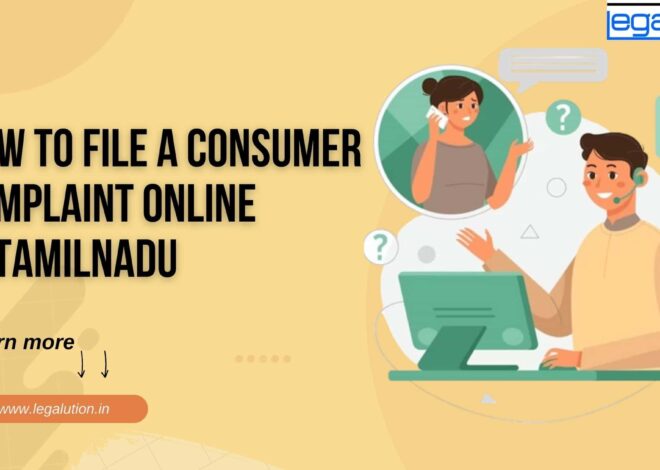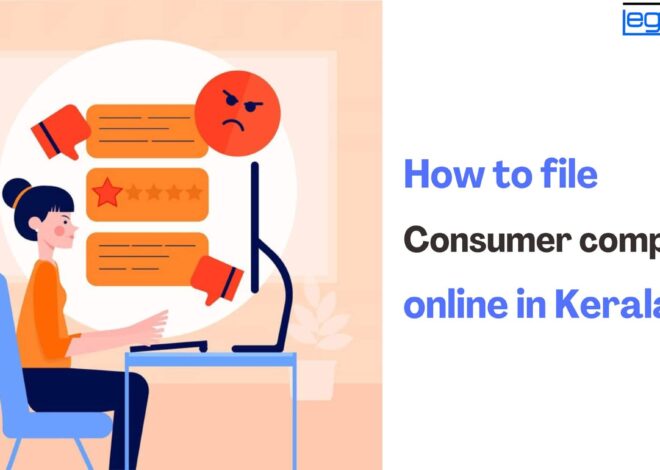
A Detailed Understanding on Hindu Adoptions and Maintenance Act
Table of Contents
ToggleIntroduction
In this article we are about to discuss Section 20(3) of the Hindu Adoptions and Maintenance Act, 1956, wherein the top court highlights the limited scope of Section 125 of the CrPC, which denies a similar right.
In the instant case of Abhilasha v. Prakash, 2020 SCC 736,decided as on 15.09.2020, which was held as a proposition of law that an unmarried Hindu daughter, can claim maintenance from her father till she is married, on the condition provided that she needs to plead and prove to the court that she is not in a state to maintain herself. This judgement passed by the Hon’ble Supreme Court, has set a new horizon.
The judgement was delivered by the Supreme Court bench of Justices Ashok Bhushan, R. Subhash Reddy and M.R. Shah on Tuesday, at New Delhi, where it was considered that till an unmarried girl is sufficient enough to maintain herself or till she attains the age of majority being in a state of good mental health, can claim for the maintenance from her father.
Nonetheless, the application/petition has to be filed under Section 20 (3) of the Hindu Adoptions and Maintenance Act (HAMA), 1956, instead of Section 125 of the Code of Criminal Procedure (CrPC), the bench adjudicated.
In the present case, an unmarried daughter challenged the order of the judicial magistrate Class 1, Rewari, granting for her maintenance in 2011 at Rs 3,000 per month, which she claimed to be paid by her father from the date of filing of the suit under Section 125 CrPC, till she attains the age of majority.In company with the unmarried daughter, her mother and two minor sons had also claimed for maintenance but unable to get so as they failed to plead and prove, that they are not eligible to maintain themselves. Thus, the Additional Session’s Judge, Rewari had to dismiss their appeals.
Thereafter, the unmarried daughter was allowed for maintenance from October 17, 2002, when the application was filed till, she becomes a major on February 7, 2005, later on which was corrected as April 26,2005 for the date of attaining her majority.
Also, in this case the Additional Session’s Judge, Rewari announced that unmarried daughters are eligible for maintenance not only on the conditions that till she becomes a major but also if the girl suffers from any mental disability or abnormality or she is lunatic, which is set to be the exceptions, where she can claim maintenance even after she becomes a major, but is unable to maintain herself.
The Punjab and Haryana high court dismissed their appeals against these orders in August 2018, saying it did not find any illegality or infirmity in the ASJ’s judgment.
The SC’s order
While opposing the decision given by the Punjab High Court, which stated that it did not find any illegality or infirmity in theASJ’s judgement, it was contended on behalf of the appellant, that till the daughter gets married, the obligation to maintain her daughter lies on the father as per Section 20 of the HAMA, 1956. As the appellant claimed to be still unemployed, she said she was entitled to claim maintenance from her father.
In contrast to Section 125 of the CrPC with Section 20(3) of HAMA, the bench noted that with regards to the former, the claim of maintenance raised by a daughter, who has attained majority is admissible only when by reason of any physical or mental abnormality or injury and she is unable to maintain herself.
In the traditional Hindu law prior to forming a statute, the bench throws a light that a Hindu male was always considered to be morally and legally liable to maintain his aged parents, a righteous wife and infant child. The bench also drew attention to Hindu law whichhas always acknowledged the liability of the father to maintain an unmarried daughter, Muslim law also recognises the obligation of the father to maintain his daughters until they are married.
The Supreme Court stated during this case that it’d be unreasonable, unfair, inequitable and even absurd to deny the advantage of Section 125 of CrPC solely on the basis of the fact that the children are born out of Muslim family. A Muslim father’s obligation, like that of a Hindu father, to take care of his minor children as mentioned in Section 125 of CrPC is absolute and is not at all influenced by the 1986 Act, the Supreme Court has held in this case. Depending to the relevant case, the Supreme Court contended that the fact of the rights for an unmarried daughter u/s 20 of HAMA to claim for maintenance when she not unable to do so, is absolute.
Highlights of the Section 20 (3) of the Hindu Adoptions and Maintenance Act (HAMA), 1956:
- In the case of Abhilasha v. Prakash, 2020 SCC 736, decided as on 15.09.2020, which was held as a proposition of law that an unmarried Hindu daughter, can claim maintenance from her father till she is married
- The claim of maintenance raised by a daughter, who has attained majority is admissible only when by reason of any physical or mental abnormality or injury and she is unable to maintain herself.
- In case the girl suffers from any mental disability or abnormality or she is lunatic, still she can claim for maintenance even after she becomes a major, as she is unable to maintain herself, which is set to be the exceptions.
- However, in exercise of powers under Section 125 of the CrPC, the Magistrate cannot pass an order under Section 20 of HAMA.
Conclusion
Thus, to conclude, we can say the concept of maintenance as contemplated under HAMA is an extensive & conclusive concept as compared to the concept of maintenance under Section 125 of the CrPC, the bench pointed. Also, the bench pointed out that Section 3(b) of HAMA gives an inclusive definition of maintenance, which includes marriage expenses as well.
However, if you have any such legal related issues, Legalution is one such platform where you can get assistance in every legal problem you face. As it is always said it is better to take an expert opinion, our experienced team of lawyers will guide you properly, be it your property matters or family matters. We are here to help you in case you seek legal consultation.
Legalution
Related Posts

class 3 digital signature certificate

Online Consumer Complaints in Tamilnadu

